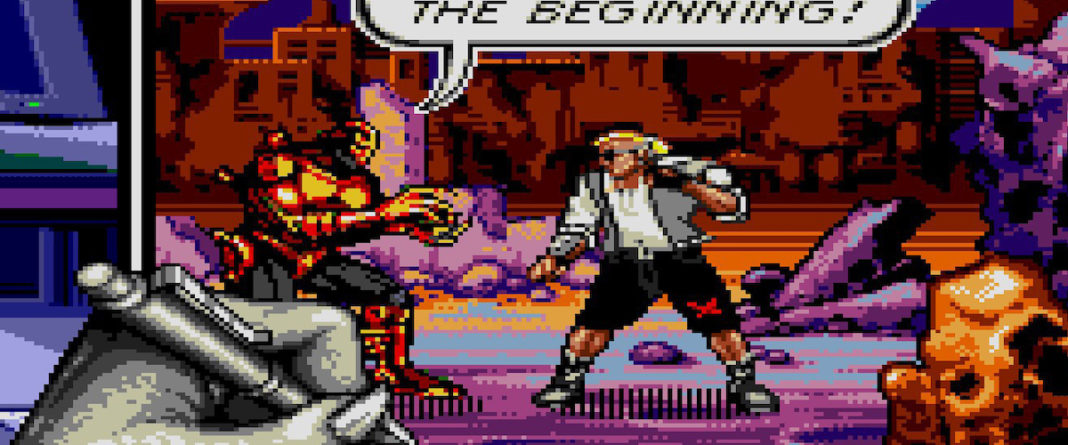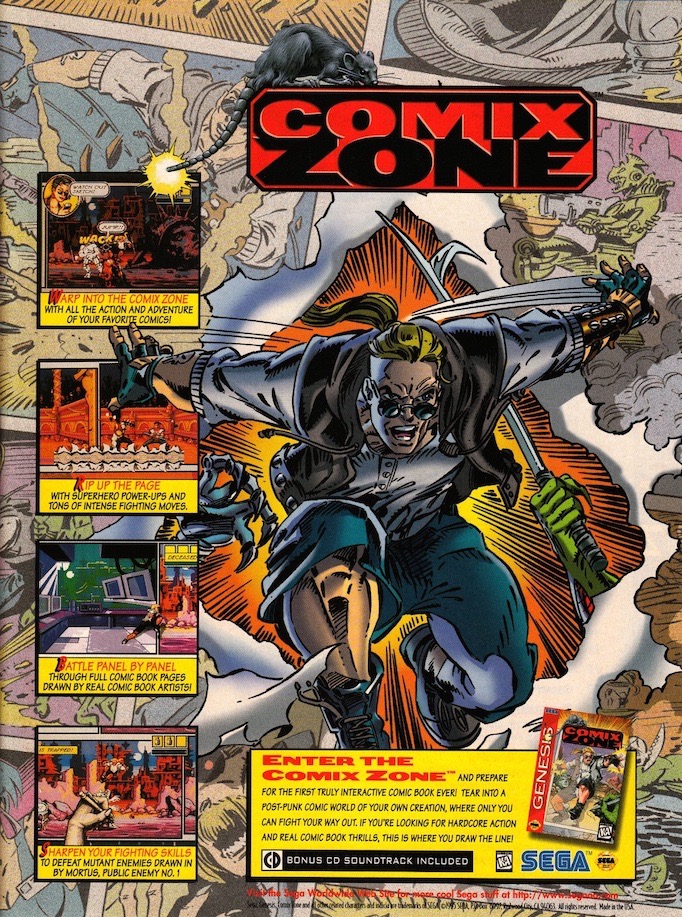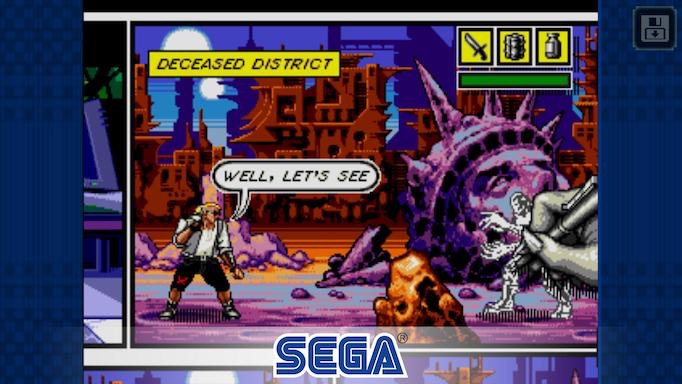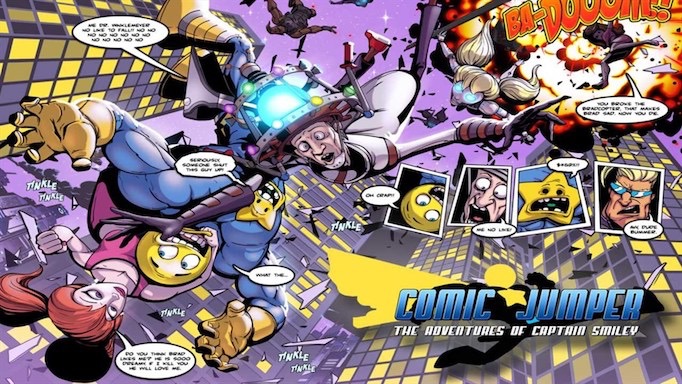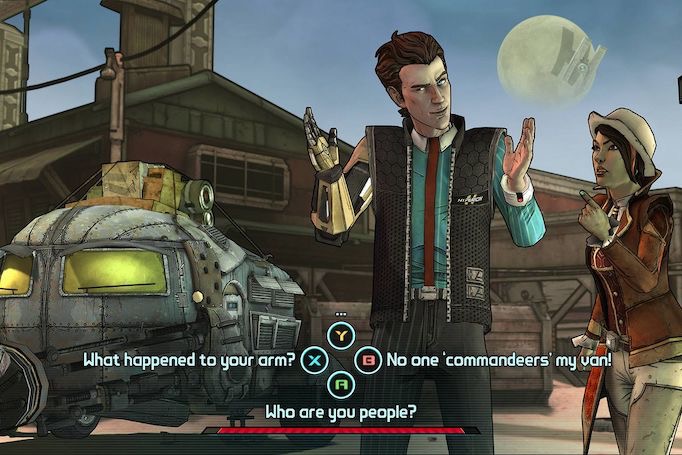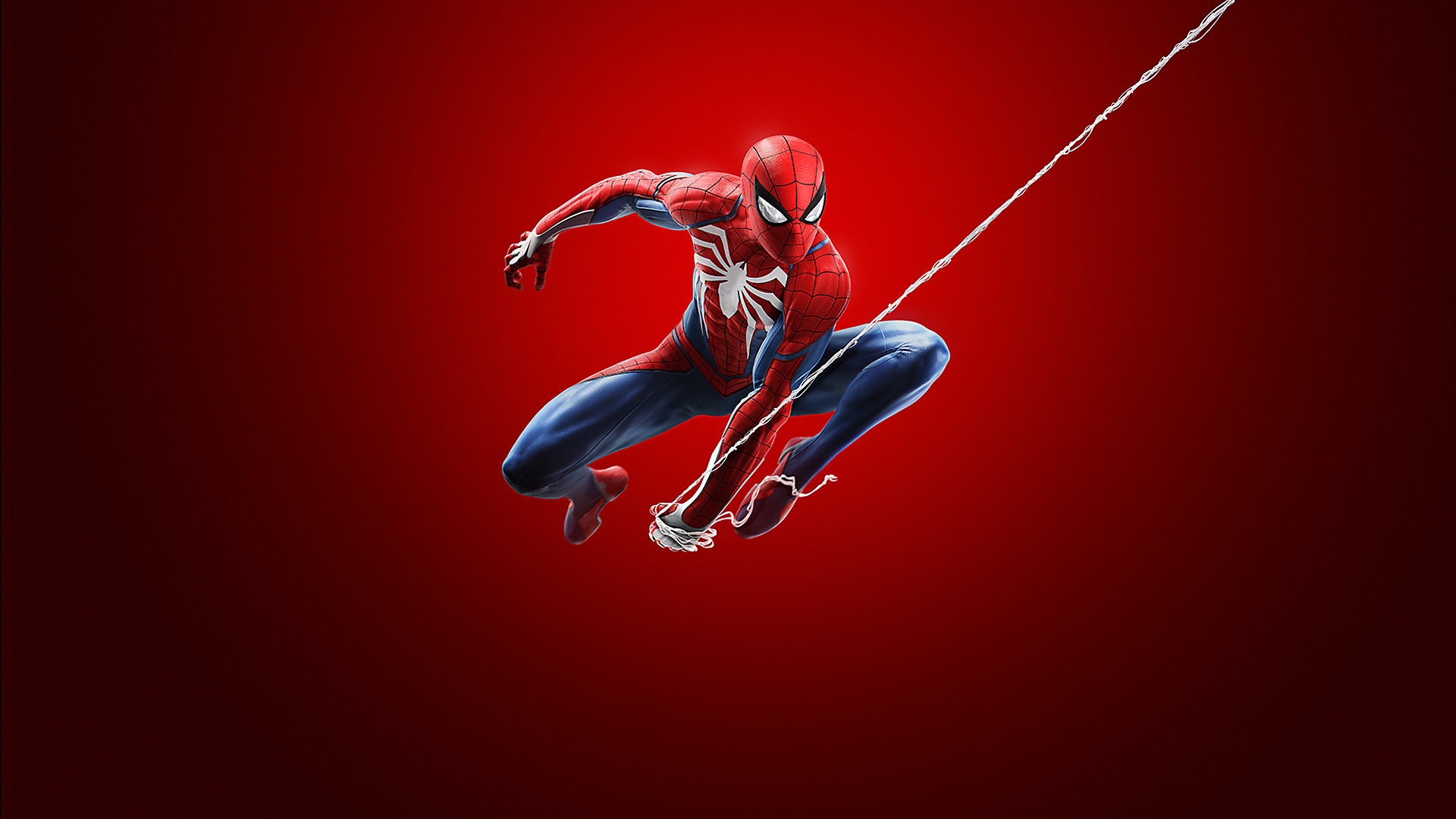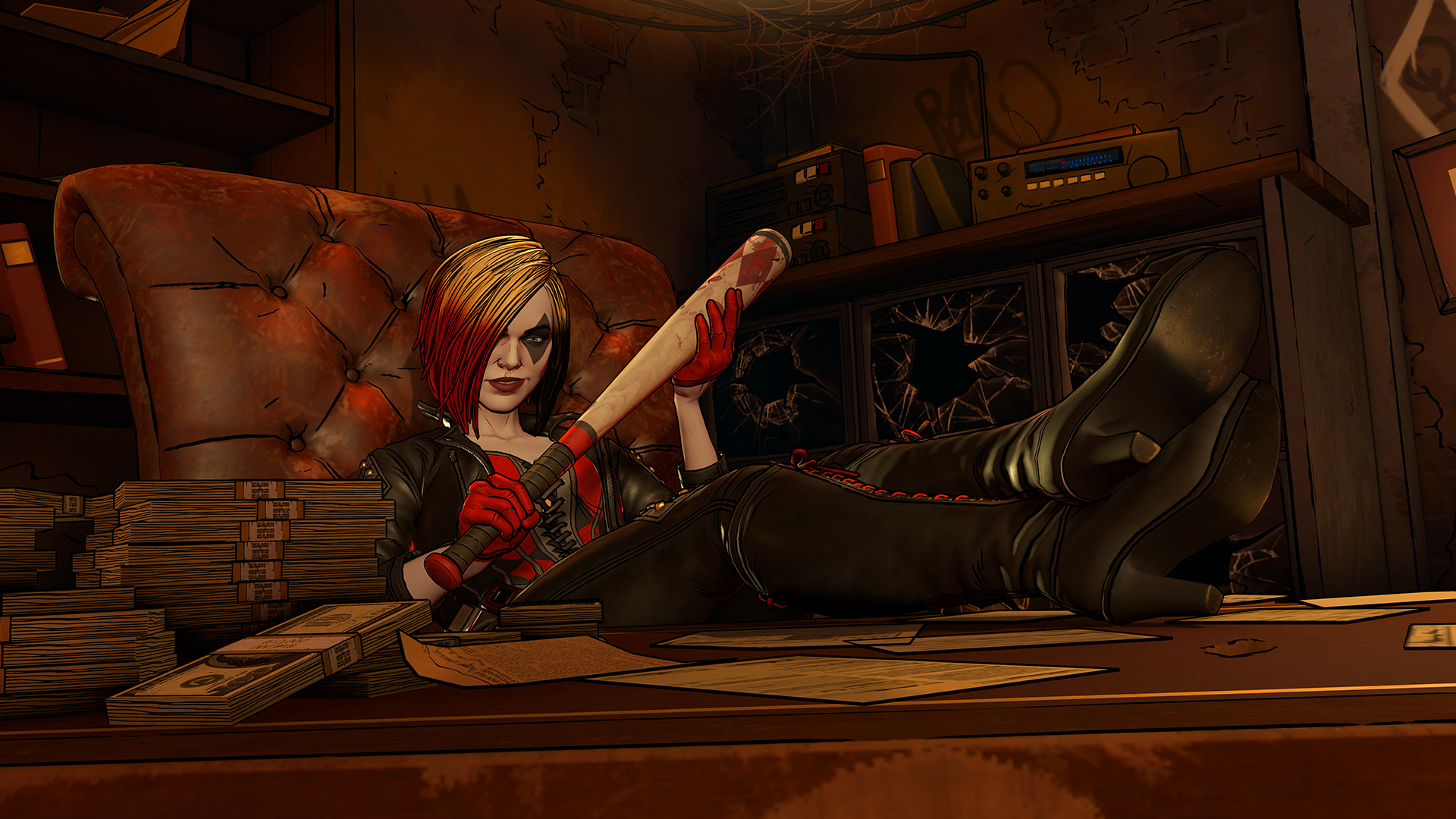Video games are heavily influenced by comics, in many ways players don’t even realize. For example, a lot of games revolve around a certain mechanic unique to their protagonist. In other words, a super power. Superhot is a first-person shooter where time progresses only when the player moves, a superpower that twists what you expect from a game in the FPS genre.
But this article isn’t about super powers or heroes. Comic book storytelling has influenced the design of a number of games, and some of the best examples have no relation to existing franchises. Developers have created excellent games featuring Marvel and DC properties, sure, but those focus on the superheroes, not the medium that birthed them.
The video games that most experiment with the framework of comics are largely original creations. The Beat has written a lot about titles like Spider-Man for PlayStation 4 and the Batman Arkham series. But we wanted to explore video games inspired by comics itself rather than characters that appear in them. Going in not-quite chronological order, here are four games or series majorly influenced by comic book storytelling.
Comix Zone
Comix Zone, released for the SEGA Genesis, is a video game in which a comic book creator is pulled into his own creation. At the beginning of the game artist Sketch Turner, a starving artist from New York City, is working. on his newest series Comix Zone.
A lightning bolt strikes Sketch’s comic, letting super villain mutant Mortus escape. Mortus strands Sketch in Comix Zone, where his villainous creations can kill him. Sketch manages to survive his through comic (which is apparently only 6 pages long!) and defeat Mortus.
When Sketch is transported into the comic, it really is a comic. The game is extremely inventive, using elements of the medium to really fun effect. As Sketch defeats enemies, he swings with the gutter space from panel to panel. Players can find secrets by shredding the paper the comic is printed on. Sketch can even rip off a piece of the comic to turn it into a paper airplane.
As a classic beat ‘em up, the gameplay sadly doesn’t hold up particularly well, and there are moments when you don’t know how to progress that are frustrating. But I’m happy Comix Zone exists. It’s an early early example of how to bring the fun from comics to games and paved the way for the next title on this list.
Comic Jumper
I first played Comic Jumper a few months ago, and it’s one of my favorite superhero parodies in any medium. It was clearly influenced by Comix Zone, but adds plenty of its own flavor to the mix. It stars Captain Smiley, a comic book hero whose series is cancelled due to poor sales. To improve his series, Smiley decides to explore other comics to learn enough from different genres to turn his book into a best-seller. The game goes all-in on the visuals for the other genres. The game’s art style shifts based on which comic he’s in, moving from Fantasy to Modern to Silver Age to Manga. Take a look:
The game even implements live-action footage of kids reading Captain Smiley’s comic. It’s all rather ambitious for a smaller-scale title, especially one from 10 years ago. The game’s a lot of fun, with much more engaging gameplay than Comix Zone and very sharp comedic writing.
Gravity Rush
There’s no shortage of video games (oftentimes role-playing games) inspired by manga and anime. Fire Emblem: Three Houses is a recent example, but pretty much any Japanese RPG will fit the bill. However, very few show their comic book influence as directly as Gravity Rush.
The cutscenes throughout Gravity Rush are all in comic book form. The video above includes a full hour of comic book-style cutscenes which show how Gravity Rush utilizes speech balloons and panels to tell the game’s story in between the action. Interestingly, the game actually implements a better version of motion comics than Marvel or DC ever managed to develop. If SIE Japan Studio, the developer of the Gravity Rush titles, was in charge I might even want to take comics take another go at it!
TellTale Games
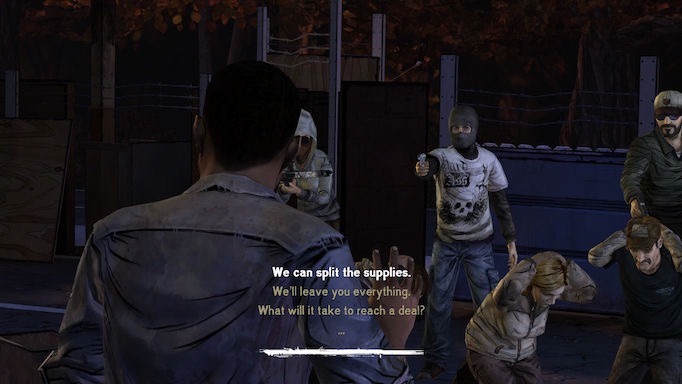
The sort-of-revived TellTale started as a developer of point-and-click adventure games inspired by classic LucasArt Adventure titles. Over time, though, TellTale’s gameplay evolved into something more cinematic and influenced by comics, in a way that might not be immediately apparent.
The developer made a big splash with The Walking Dead: Season One, a best-seller and winner of numerous 2012 Game of the Year awards. It’s based on a comic, yes, but the entry on this list is for TellTale Games, not any one of its titles. The most beloved TellTale games are licensed properties, but not all are comic book properties. In addition to games based on comics, TellTale created titles based on IP like Game of Thrones, Minecraft, and Borderlands, to name a few.
What really matters, though, is how TellTale’s work mirrors a fundamental part of comic books. The influence may not be obvious, it’s certainly less transparent than the games listed above. Some readers may not even agree with this assessment.
Since TellTale games are interactive stories, the action frequently pauses so that the player can choose how the characters respond to what’s occurring on the screen. That pause is reminiscent of the space between panels in comics. Comic books are all about pacing and letting the reader fill in the moments between the panels. The time the player takes to make their choice in TellTale games is similar. They’re not exactly identical, but they don’t have to be. TellTale and games of its ilk managed to bring an element of comics to its titles in a way that services video game storytelling.
Anyone who’s played a TellTale title knows the dialogue doesn’t play out like it would in a movie or TV series. It’s broken up to allow the player to influence the conversation, which also gives them control of when the next stretch of dialogue will begin. That kind of impact over the pacing was unique to comics, but TellTale managed to bring the spirit of comic book storytelling to its titles. That’s one reason why TellTale had so much success with its comic book adaptions Walking Dead, Wolf Among Us, and Batman: The TellTale Series.
Those are just four games influenced by comic book storytelling. There are other examples and there will certainly be more more to come, but I hope this list goes to show how comics have influenced another medium and will continue to over the years.


